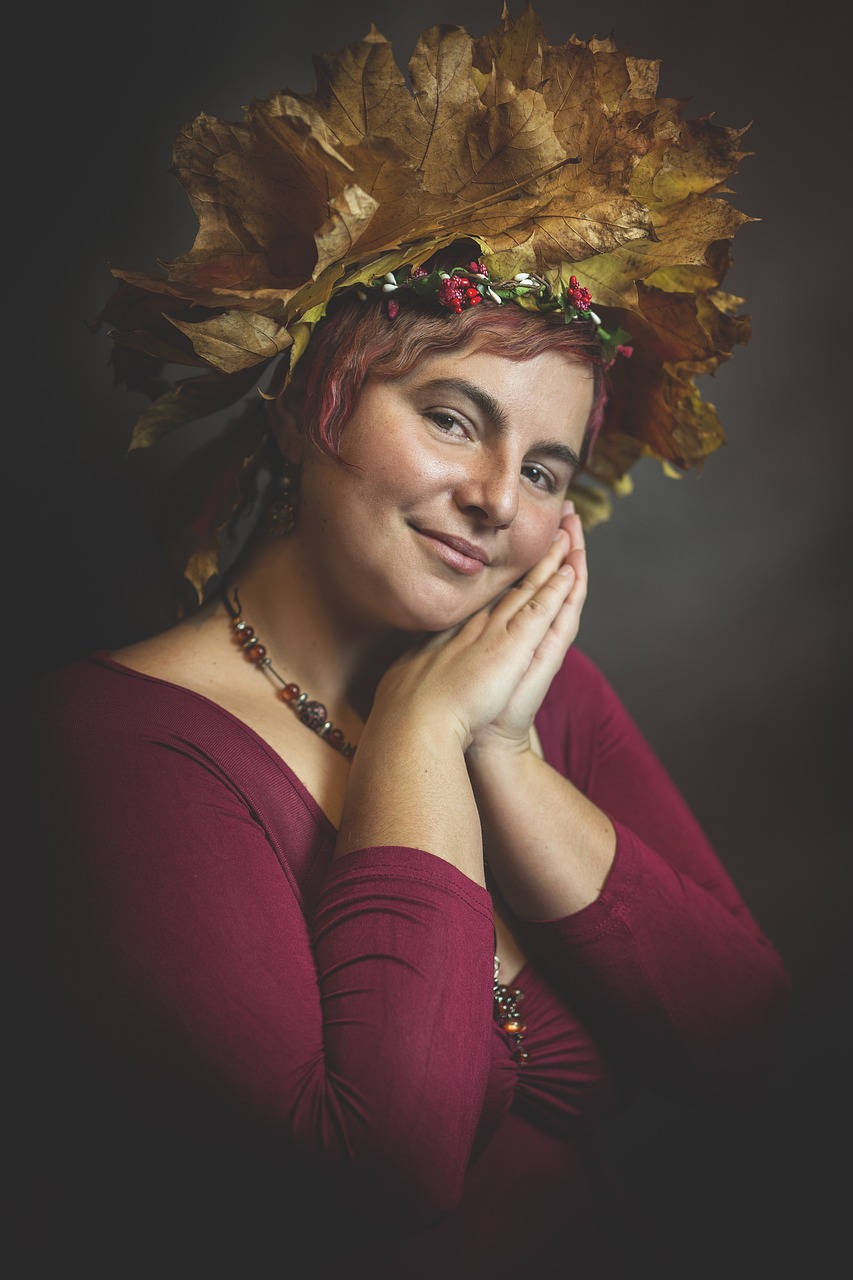The Legacy of Freya: Unearthing Her Role in Norse Mythology and What It Means for Gender in Ancient Cultures
Have you ever felt a fierce connection to the stories of ancient gods and goddesses? If so, you’re in for a treat with the tale of Freya, one of the most captivating figures in Norse mythology. Freya isn’t just a goddess of love and beauty; she embodies a rich tapestry of complex themes such as war, fate, and femininity, making her a pivotal character in ancient Norse culture. Let’s dive deeper into Freya’s legacy and her implications for understanding gender roles in societies that revered her.
Freya, often considered a goddess of love, also possesses a mighty duality. She is associated with warfare and death, commanding the Valkyries—female figures who chose slain warriors destined for Valhalla. Isn’t it fascinating? While many ancient cultures relegated women to passive roles, Freya stands as a warrior goddess, an assertive figure embracing both beauty and strength. This blend of attributes is significant when you ponder the often rigid femininity portrayed in various cultures.
In many ways, Freya challenges stereotypes. She isn’t just the goddess of fertility; she is also a sorceress, employing seidr (a form of magic). This ability places her at the very heart of Norse spirituality. When you think about it, Freya’s multifaceted personality speaks volumes about how ancient societies viewed womanhood. Could a goddess who embodies love, war, and sorcery be a reflection of the complex roles women played in Viking culture?
Through archeological findings and sagas, we notice that women in Norse culture had more agency than in many ancient societies. They could own property, manage households, and even make decisions regarding marriage. By putting Freya on a pedestal, those cultures perhaps acknowledged that femininity could involve empowerment and independence. It’s empowering to think about how a goddess of strength and resilience like Freya could inspire real women to take charge of their destinies.
Love and war may seem like odd bedfellows, yet in the world of Freya, they coexist. This paradoxical relationship teaches us a vital lesson: that vulnerability and strength can exist side by side. While love involves openness, strength is about facing challenges head-on—two traits embodied by Freya. It’s like looking at a beautiful painting that pairs soft pastels with bold, dark brushstrokes. The juxtaposition makes the artwork even more stunning.
When considering the legacies left behind by mythical beings, it also prompts the question of how contemporary society views gender roles. Are we shifting toward a world where the traits of nurturance and assertiveness are intertwined? Freya’s influence can be seen as a precursor to modern discussions about breaking down gender barriers.
Furthermore, her status may encourage us to reflect on significant female figures across various cultures. Take Isis from Egyptian mythology or Athena from Greek tradition; each holds exemplary power and authority in their domains. Freya can be viewed as part of this universal narrative spotlighting strong female figures who inspire us and challenge our notions of gender.
So, what does Freya’s legacy mean for us today? Well, it’s more than just a set of beliefs etched in ancient texts. Freya serves as a reminder that strength, beauty, and magic are not mutually exclusive but rather intertwined elements of existence. As we grapple with issues of equality and empowerment in our modern lives, we can look back at Freya and her many roles for inspiration.
Isn’t it fascinating to think how a goddess from centuries ago could still resonate with us today? Freya’s blend of qualities expands our understanding of what it means to be female—encouraging us to embrace our complexities and stand strong in our multifaceted identities. From ancient myths to contemporary conversations, Freya’s legacy continues to inform our personal and cultural narratives about gender and power.
So, the next time you hear about Norse mythology, remember Freya. She’s more than just a story—she’s a symbol of partnership between strength and vulnerability, and a testament to the evolving role of women through the ages.
Ultimately, Freya invites us to ponder the past while embracing a more inclusive future. After all, history isn’t just what happened; it’s what we choose to carry forward into our own lives.



